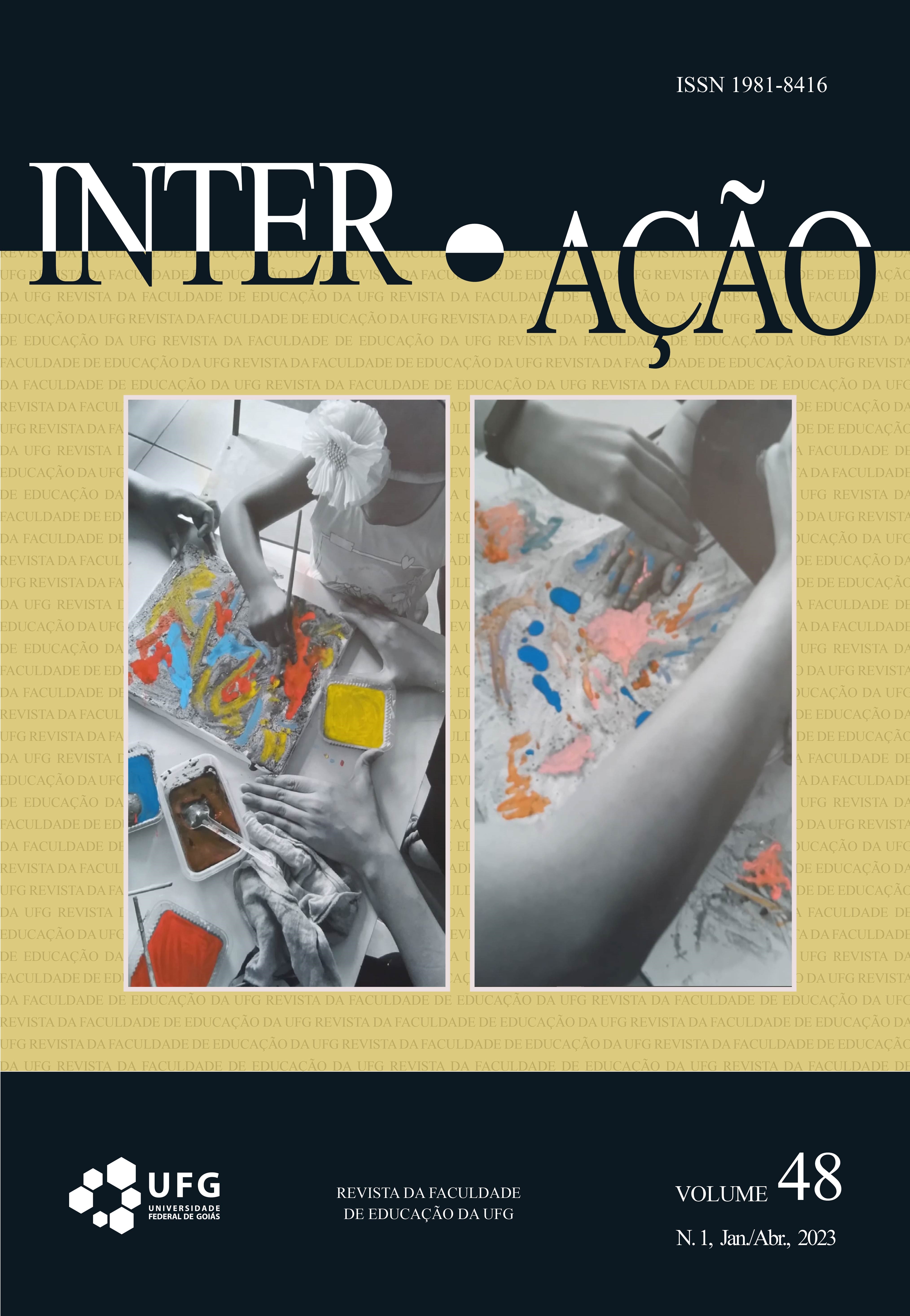SUPERVISED INTERNSHIP AND PHILOSOPHY TEACHING: COMPREHENSION FROM INTERVIEWS WITH PRE-SERVICE TEACHING UNDERGRADUATE STUDENTS
DOI:
https://doi.org/10.5216/ia.v48i1.72290Abstract
In this article, the objective was to investigate the perceptions of Philosophy pre-service teaching undergraduate students about the concept of Philosophy, its teaching and the supervised internship. The subjects who participated in the research were 20 students, who, at the time of data collection, were in the fifth semester of Philosophy and had already completed the Supervised Internship I of this course. Data were collected through semi-structured interviews and were organized and analyzed through the Textual Discursive Analysis. With the use of the Atlas Ti software, two categories and five subcategories emerged, related to the undergraduate students’ perception of Philosophy and its teaching. The results point towards a perception of the importance of the supervised internship in the education of the future teacher and that the understanding of Philosophy as a problematizer of existence and not limited to the encyclopedism that restricts philosophical knowledge only to the memorization of philosophical systems is relevant.
Keywords: Supervised Internship; Philosophical Experience; Philosophy Teaching.
Downloads
Published
How to Cite
Issue
Section
License
Copyright (c) 2023 Fábio Antonio Gabriel, Ana Lúcia Pereira

This work is licensed under a Creative Commons Attribution-NonCommercial 4.0 International License.
Inter-Ação uses the Creative Commons Attribution 4.0 License for Open Access Journals (Open Archives Initiative - OAI) as the basis for the transfer of rights. Open access means making documents available on the Internet free of charge, so that users can read, download, copy, distribute, print, search, or link to the full text of documents, process them for indexing, use them as input data for software programs, or use them for any other lawful purpose, without financial, legal, or technical barriers.
Authors publishing in this journal agree to the following conditions:
1) Authors retain copyright and grant the journal the right of first publication, with the work simultaneously licensed under the Creative Commons Attribution License, which permits redistribution of the work with attribution and first publication in this journal.
2) Authors are permitted to enter into additional, separate agreements for non-exclusive distribution of the version of the work published in this journal (e.g., for publication in an institutional repository or as a book chapter), with attribution and first publication in this journal.
3) Authors are permitted and encouraged to publish and distribute their work online (e.g. in institutional repositories or on their home page) at any time before or during the editorial process, as this may generate productive changes as well as increase the impact and citation of the published work.















